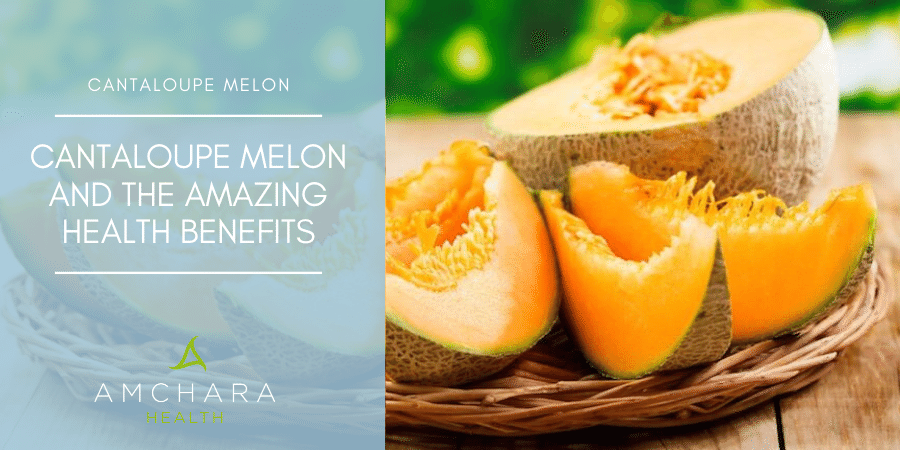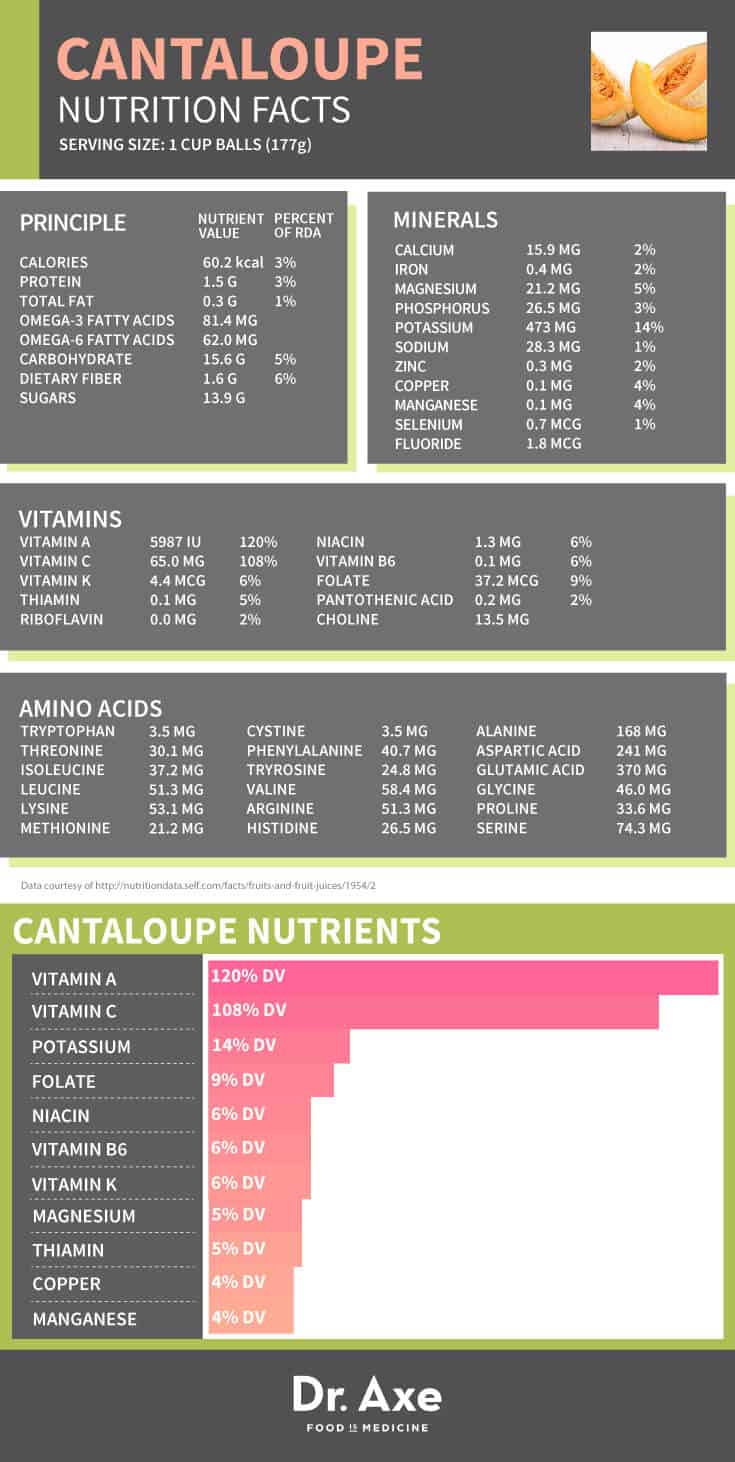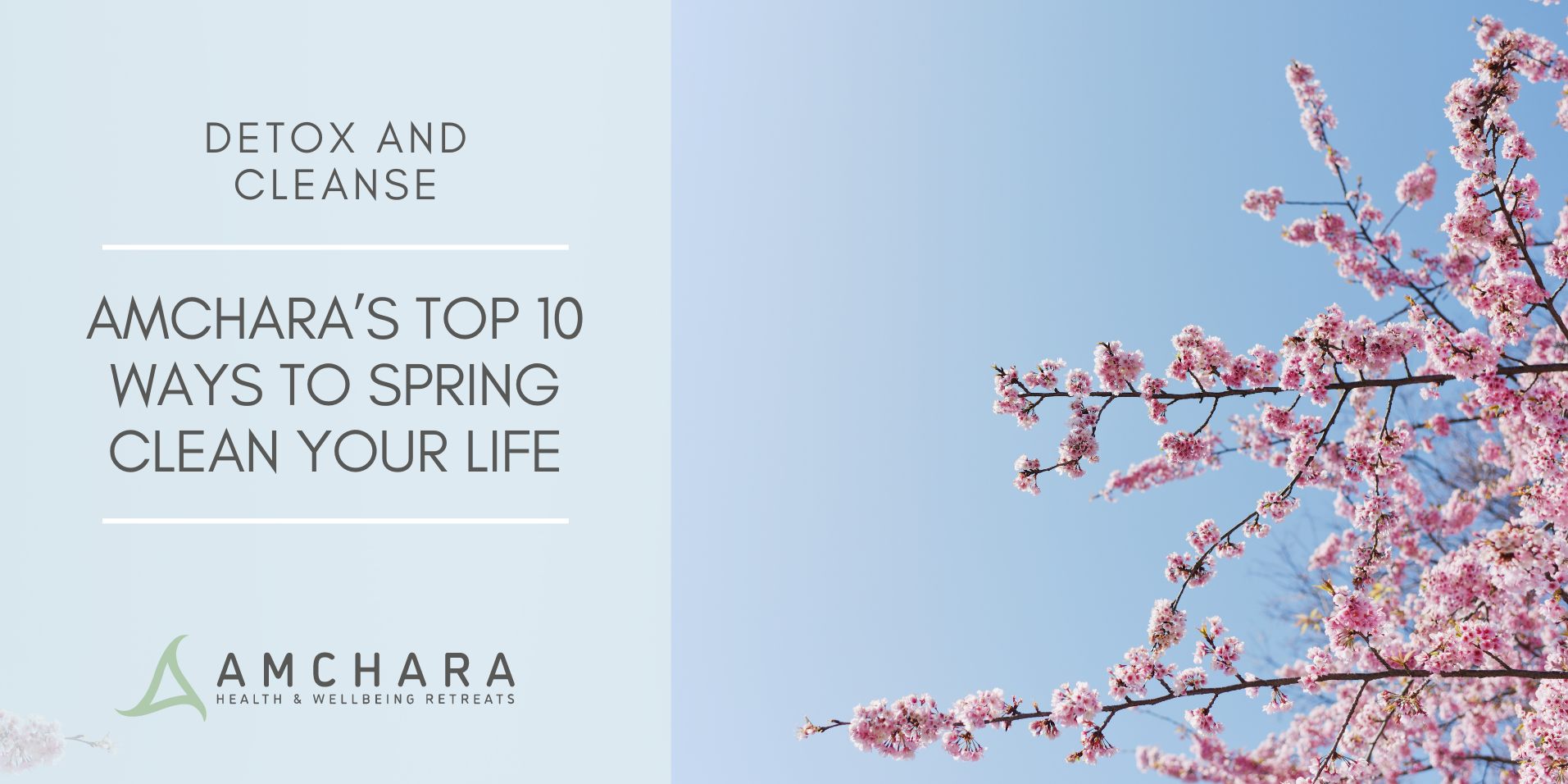Scientific Name: Cucumis melo var. Cantalupensis
Family: Cucurbitaceae
Native: Persia
Other Names: Muskmelon, Rock melon, Sweet melon, Persian melon, Kharbuja (Hindi), Alshamam (Arabic), Kænṭalūp (Sinhala) and Cantalupo (Spanish)
Cantaloupe melon, also known as muskmelon, is a beautifully tasty and has a distinctive musky flavour and it’s one of the members of the Cucurbitaceae family of fruits and vegetables.
Other members of this family include cucumber, pumpkins and squash and just like all the others in this group, cantaloupe melons grow just above the soil on a long vine that trails across the ground.
It is believed that cantaloupe melons originate from India or Persia, and they rely on honeybees to pollinate.
The soil needed to grow muskmelons should be sandy soil that is slightly sandy and drains well.
These melons are in season during the summer and this is why they are a popular summer ingredient in many dishes across the world.
The beautiful soft flesh is extremely refreshing in the heat.
There are a few different types of cantaloupe melon across the globe, but the most common are the European cantaloupe and the North American cantaloupe.
Generally, most melons are round or slightly elliptical, and as a general rule they measure 10cm-20cm in diameter, and can weigh anything from 500g to 1.5kg depending on where they come from.
Cantaloupes can also have varied flesh colouration depending on their origin, some being a beautiful salmon-like orange’y colour and some with a more green flesh.
The flesh of the cantaloupe melon is very sweet and watery with a musky flavour.
The skin is generally quite rough with a web-like or netty patterning.
Health benefits of cantaloupe melon
One of the greatest health benefits of cantaloupe melons is the low calorie content, with a 100g serving giving just over 30 calories. (1)
This of course makes it a very popular choice among weight watchers.
Cantaloupe melons are extremely high in vitamin A, with a 100g serving providing more than 100% of your daily requirement.
Vitamin A is one of the many antioxidants that helps to fight against cancer and other serious diseases, and helps us to stay younger for longer.
Other antioxidants contained in cantaloupe melon include flavonoids, the group of antioxidants that include beta-carotene and lutein.
These antioxidants help the body to neutralise damaging free radicals and this can help to fight against many forms of cancer.
Potassium is an extremely important electrolyte and it plays a vital role in the body in regulating heart rate and keeping blood pressure at a safe level, and it also helps muscle recovery after exercise – this is found in abundance in melon.
A vital carotenoid called zeaxanthin is found in cantaloupe, which helps to protect against age related macular degeneration.
It is believed that this is due to the antioxidant protection that prevents damage to the eyes from UVA and UVB rays.
In addition, cantaloupe is a good source of B vitamins, manganese and vitamin C, all of which play important roles in the body.
Vitamin C for example is another antioxidant and helps to fight infection and disease by strengthening the immune system.
So as you can see, there are many, many health benefits of eating melon and lots of reasons to eat it several times a week in your diet.
(Image Credit: https://draxe.com/cantaloupe-nutrition)
How to choose and store cantaloupes
As always, it is important to buy organic muskmelon as this will help to decrease the risk of illness and disease.
It will also ensure that your melons are rich in nutrients and are tastier.
In terms of how ripe a melon is, it can be quite hard to tell, but by gently pressing on the exterior you should be able to tell if there is a slight springiness to the feel it is probably just right.
If it is hard or very soft, it is either not yet ripe or on its last legs.
When taking your melon home make sure it doesn’t get bumped or the skin doesn’t get broken.
Store in a cool but airy place such as a pantry at home the fridge is only recommended once you chop the melon.
Always use a melon within 2-3 days of buying, reduce this to 1-2 days once chopped.
READ THIS NEXT:






